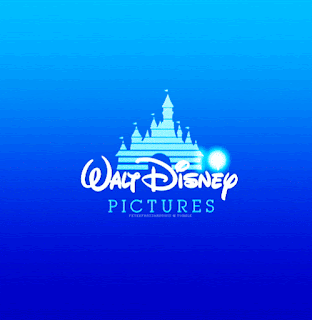If you asked me to define evil, I couldn’t. I could give you a list of things that I believe are bad.
For example: racism, murder, sexism, broccoli, stealing, lying.
However, doing bad things doesn’t make a person evil. You lie as a parent and tell your children that Santa is real—not because you’re malicious, but because you just want them to be happy and excited for Christmas. We slaughter animals for our food everyday—that’s murder—but I enjoy a good steak or chicken tender every now and then. Poor people need food to survive and our country is too focused on wars to provide proper support for them—so if they steal, so be it. Good and bad aren’t so black and white.
So, I think if you asked me to define evil, I would say that evil is doing bad things with the intent of causing harm or havoc to someone for selfish reasons. This is still a subjective definition because someone could easily look at it and say that poor people are stealing food for themselves and claim that’s selfish. By this definition, I’m sure more than a few of our presidents would be considered evil—especially George Bush who started an entire war in the Middle East under the lie of ‘weapons of mass destruction’ in order to gain control of their oil supply. Wars are bad; He intended to do harm to those countries; Oil for America is a selfish reason. Therefore, George Bush is evil. However, I’m sure there’s plenty who would disagree with this statement.
This course has exposed me to more than just evil, it’s exposed me to the real Disney.
Before this course, I never thought of Disney as a business. Disney was a family-friendly, innocent source of entertainment. Disney World was the happiest place on earth. Disney made sense to me. Now I know that Disney is a multi-billion dollar corporation and it should be treated like one. Disney must be criticized. As Henry Giroux argued, we can’t give Disney a pass simply because it makes children movies. These children films are more than just harmless entertainment; they are messages. They are ideas that children conform to.
Disney’s films contain messages of: race, class, gender, sexuality, and history. Many of these messages aren’t positive. They’re corrupt. Disney was founded in a time when white, middle-class males were the most powerful group of people. And since that time, Disney has tailored many of its films towards that group of people. Women cook, clean, sing, and marry wealthy men. I’m sorry—white women do that. And that’s all they do. Transgendered men and women are evil, ugly, and disgusting, and they ALWAYS LOSE. Orients just want to be Americans. They wish they had capitalism and democracy, because their cultures and traditions are old and broken. Society is mostly rich people, and if there are poor people they’re happy to be working class or poor. If you’re really good, you can be rich. But if you’re really bad, you’ll end up poor.
These are only a few of the messages that I’ve learned to pay attention to within Disney’s children’s films. I’m not trying to sound cynical here. I think Disney is great. I’d choose Disney over many of the other major children’s entertainment corporations, but I think Disney is problematic. You know what happens when someone greats KNOWS that they’re great? They take advantage of it. Disney has taken advantage of the fact that they’re practically untouchable. It’s almost impossible for Disney to fail because they’ve grown such a wide fan-base—and they know it. If we want to knock Disney off their high horse, we must demand better. I’m not saying that we should boycott Disney. I’m saying that, after this course, I know that when my children watch Disney films I’m going to be right there with them asking questions and teaching lessons that counter the prejudice found in those films. And if I so find it necessary, I might even publish an article on my critiques of a film because Disney isn’t innocent, and I will hold them accountable. If I haven’t learned anything else, I’ve learned that.





















